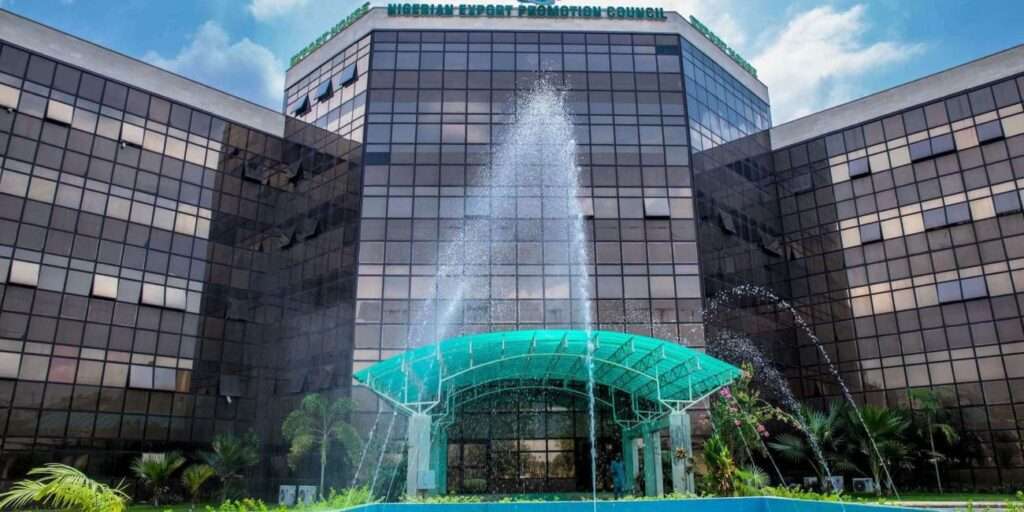
The Nigeria Export Promotion Council (NEPC) has expressed concern over the country’s continued expenditure of $480 million annually on the importation of three million tonnes of rice, calling the trend “unacceptable.”
This revelation was made by NEPC Executive Director/Chief Executive Officer, Nonye Ayeni, during a one-day technical support workshop for rice farmers and processors held in Lokoja, Kogi State. Represented by Mr. Aliu Sadiq, Deputy Director of Policy and Strategy, Ayeni emphasized the council’s commitment to reducing rice imports by strengthening local production.
“Rice is a staple food consumed across all regions and socio-economic classes in Nigeria, making our focus on enhancing rice production a critical step in achieving food sufficiency,” Ayeni stated.
She noted that Kogi State was chosen for the workshop because it is the second-largest rice producer in Nigeria, with an annual output of 1.5 million metric tonnes. She urged farmers to adopt the new skills and practices introduced during the event.
“The Nigerian government, under the Renewed Hope Agenda, is committed to addressing key challenges faced by farmers, such as insecurity, inadequate infrastructure, limited access to foreign exchange, and insufficient inputs, to boost production,” Ayeni added.

Rice’s Role in Food Security and Economic Growth
NEPC’s Kogi State Coordinator, Usenide Aniekpeno, highlighted the significance of rice in Nigeria’s food security strategy and economic development. “Rice is not just a staple food; it also has immense potential to generate income and transform lives,” he said.
Victor Omifaiye, Director-General of the Kogi Commodity Exchange, outlined state government initiatives to support farmers, including facilitating access to agricultural loans through the Nigerian Export-Import (NEXIM) Bank and the Bank of Agriculture.
Meanwhile, Femi Ajisafe, another participant, called for government intervention in regulating farm product pricing. “When buyers dictate prices to farmers, it discourages Nigerian youth from engaging in agriculture,” he warned.
The workshop underscored the urgent need to boost local rice production, reduce reliance on imports, and strengthen Nigeria’s agricultural sector as a cornerstone of the country’s economic and food security strategies.






